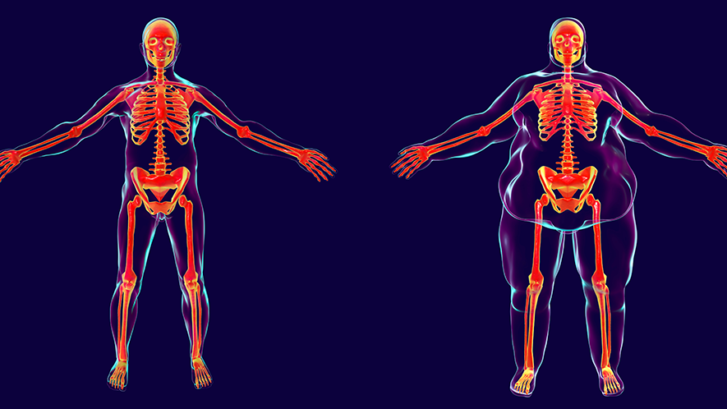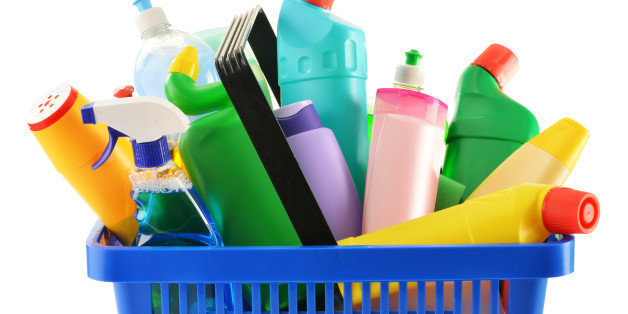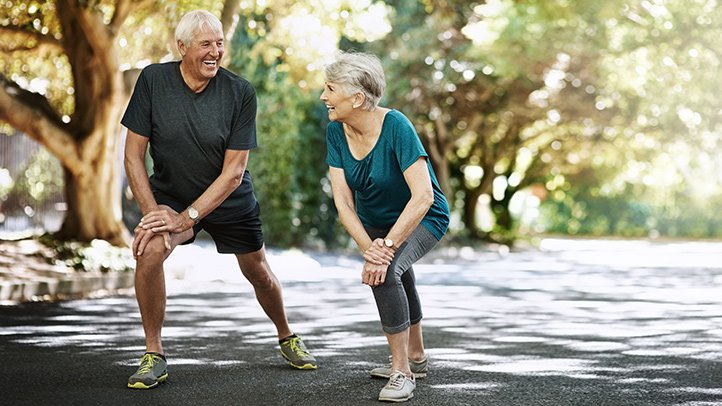Beware the Danger of High Temperatures
May 30th is Heat Safety Awareness Day, so our concierge family doctors at MD 2.0 in Jupiter want to take this opportunity to acquaint you with this important health concern. The fact is, heat is a killer, and we here in south Florida need to pay particular attention to the danger high temperatures can present.
Heat exhaustion, heat stroke, and dehydration are some of the leading weather-related killers. For example:
- A 1980 heat wave killed more than 1,250 people.
- In 1995, a heat wave in Chicago took more than 700 people (the deadliest weather event in Chicago history).
- In August 2003, a record heat wave in Europe claimed an estimated 50,000 lives.
Some people are more susceptible to negative effects from the heat. These include:
- people 65 and older, who are less likely to sense and respond to changes in temperature;
- people with chronic medical conditions, who may be taking medication that can worsen the impact of extreme heat;
- infants and young children; and,
- outdoor workers and athletes, who may be more likely to become dehydrated, particularly in extreme heat.
It’s vital to know the difference between heat exhaustion and heat stroke, the warning signs for each, and what to do in the event you or someone else experiences them. You should also know how to avoid these serious conditions.
Heat exhaustion
The Centers for Disease Control and Prevention (CDC) says muscle cramping might be the first sign of heat-related illness. It lists the warning signs of heat exhaustion as:
- heavy sweating
- weakness
- cold, pale, clammy skin
- fast, weak pulse
- nausea or vomiting
If you or someone you’re with experiences these symptoms, you should move to a cooler location, lie down and loosen your clothing, apply cool, wet cloths to as much of your body as possible, and sip water. If you have vomited and it continues, seek medical attention immediately.
Heat stroke
The signs of heat stroke are:
- high body temperature (above 103 degrees)
- hot, red, dry, or moist skin
- rapid and strong pulse
- possible unconsciousness.
This is a medical emergency. Call 911 immediately. While waiting for the ambulance, move the person to a cooler environment, and try to reduce the person’s body temperature with cool cloths, or if possible, a cool bath. Do NOT try to give fluids.
Stay safe in the heat
Following are steps you can take to avoid experiencing either of these potentially deadly conditions.
Limit outdoor activity. The sun is hottest from 11 a.m. (D.S.T.) to 3 p.m., so try to stay indoors, or at least in shaded areas, during those times. If you must be outdoors, take frequent breaks, preferably in air-conditioned environments, and, if possible, take cool showers or baths to cool down.
Dress appropriately. Wear loose, lightweight, light-colored clothing. Wear a hat with wide brim.
Stay hydrated. Drink water frequently, from two to four cups of water every hour. Don’t wait until you’re thirsty to drink, because by then you’ve already started to dehydrate. Monitor urine color: If your urine is dark, you’re not drinking enough water. Urine should be light yellow or clear. And avoid alcoholic drinks, which can not only impair judgment regarding time spent in the heat but also dehydrate you.
Check the car. Despite all the awareness and warnings in the last few years, more children—51—died in hot cars in 2018 than any year on record. It happens to the most conscientious parents who simply have too many things on their minds. When transporting children, place something necessary—a purse or briefcase—next to the child. Keep car doors locked and never allow children to play in a car. And countless numbers of pets die when owners leave them alone in a hot car “just for a couple minutes.” Never leave pets alone in a closed car, even for a few minutes.
Check with us to see whether any medical conditions might make you more susceptible to heat.









